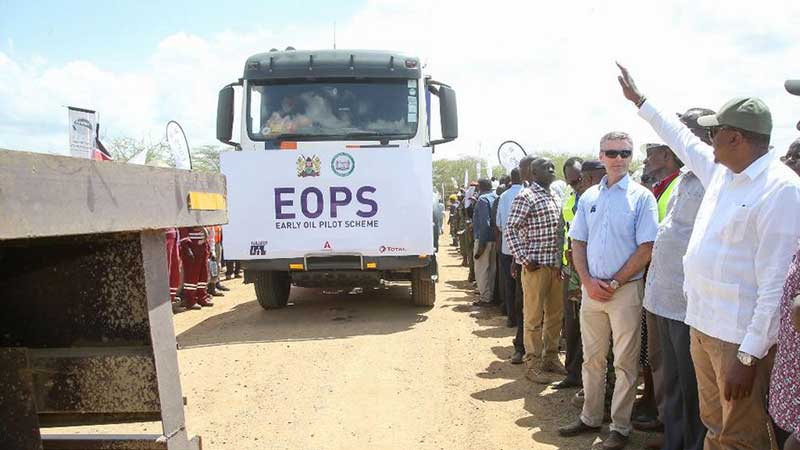×
The Standard e-Paper
Kenya’s Boldest Voice

In true Kenyan fashion, last week’s flagging off of the first trucks of crude oil from the Turkana oil wells in what is dubbed the “Early Oil Pilot Scheme” passed casually, with the headlines more attuned to the dramatic events surrounding the NYS prosecutions.
That is not necessarily a bad thing. While the commencement of oil exports heralds the possibility of a new dawn in Kenya’s revenue space, the story of oil and its exploitation particularly in Africa has produced so much gloom as to invite distress, not celebration!